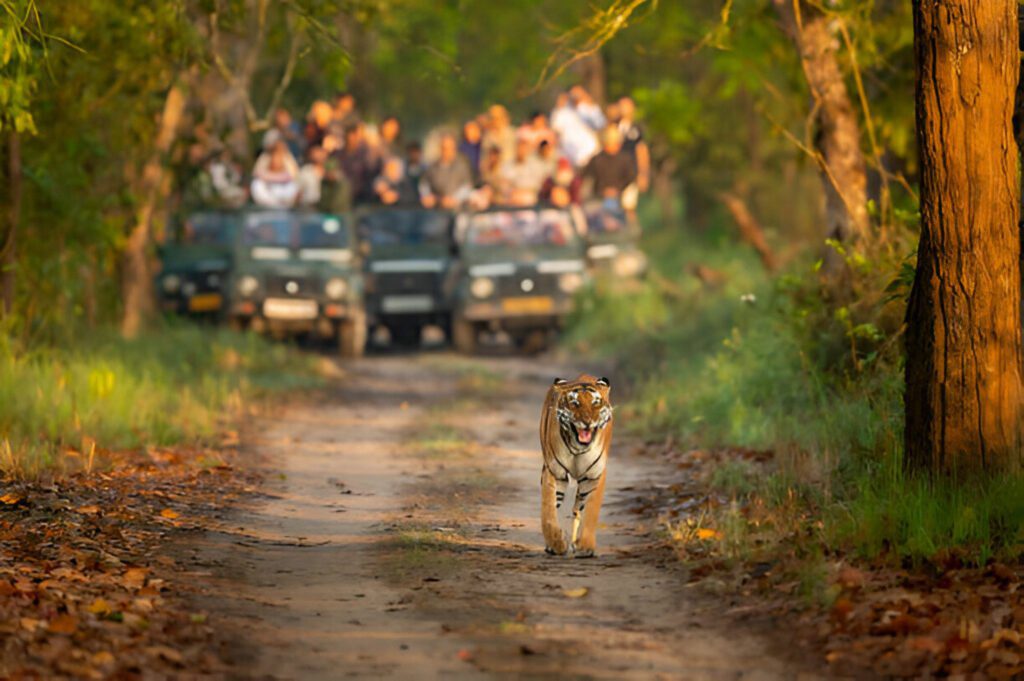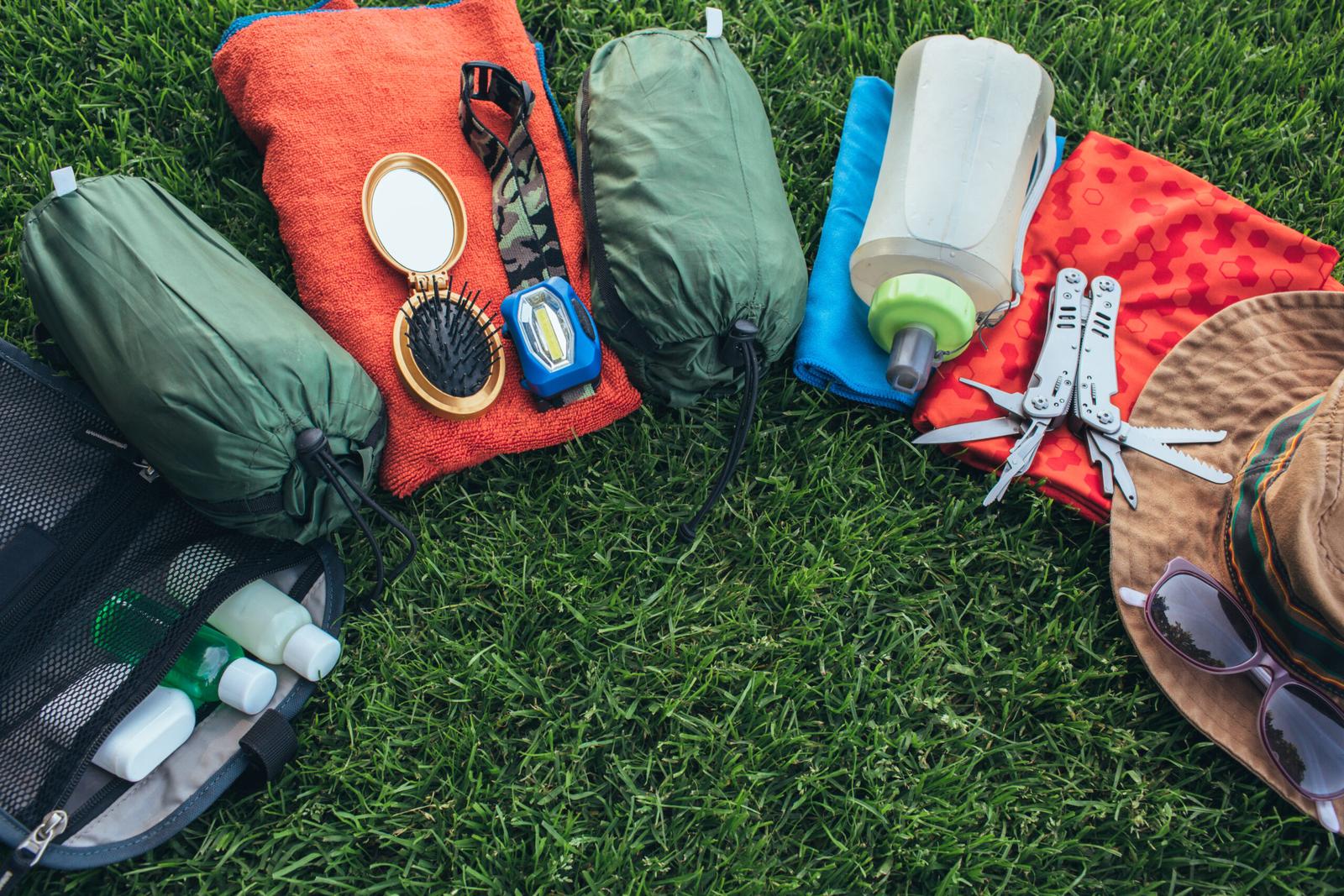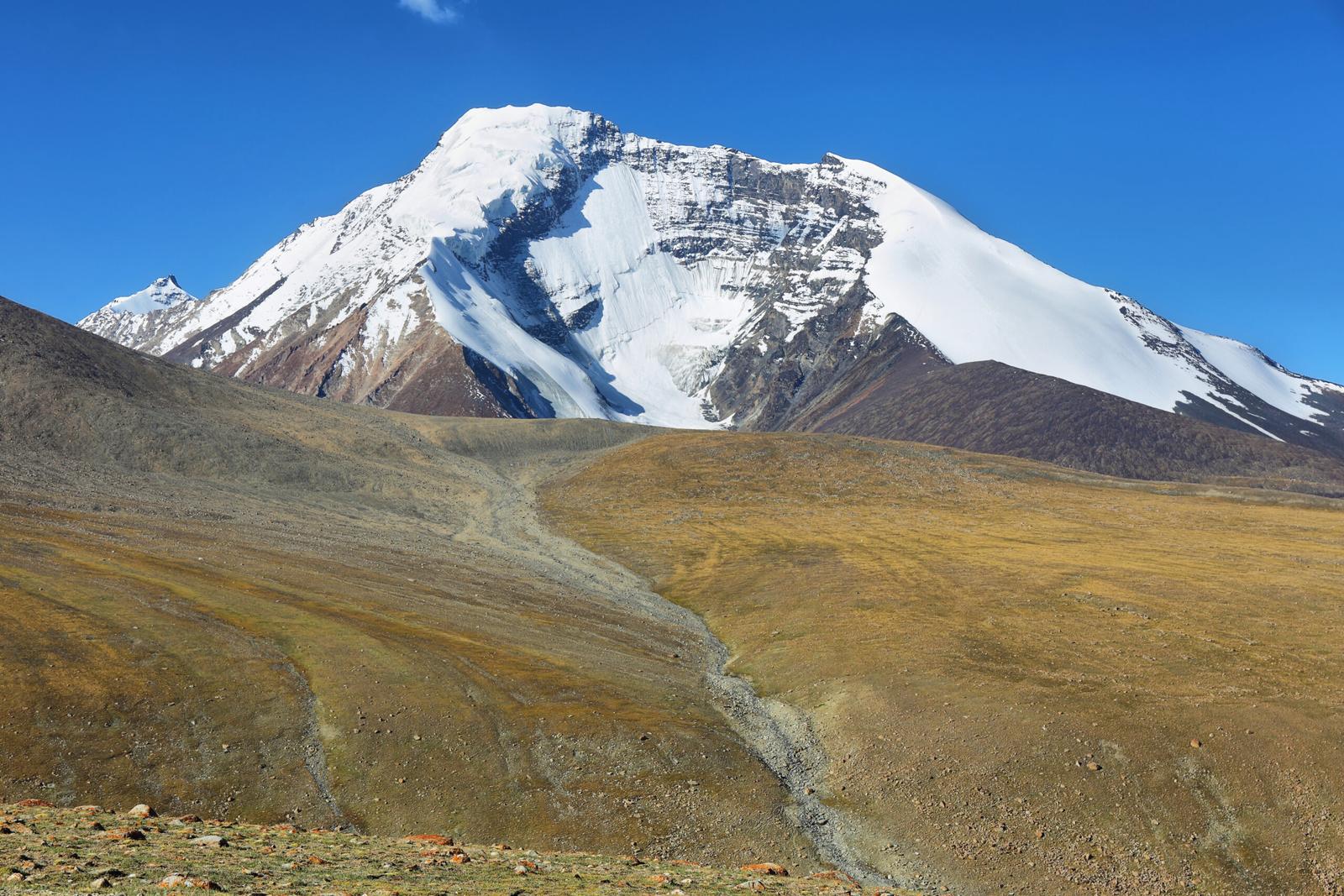Hi, I'm a global tooltip.
Embarking on your first camping adventure can be both exciting and a bit daunting. To help you make the most of your experience, here are ten essential tips to ensure your trip is enjoyable, safe, and memorable.
Choose the Right Campsite

Selecting the right campsite is crucial. Research various locations and consider factors such as accessibility, amenities, and the type of environment you prefer. National parks and established campgrounds are great options for beginners as they often provide facilities like restrooms, water, and designated fire pits.
Plan and Pack Wisely

Make a checklist of all the gear and supplies you’ll need. Essential items include a tent, sleeping bag, cooking equipment, food, water, clothing, and a first aid kit. Remember to pack according to the weather and the length of your stay. Overpacking can be cumbersome, so focus on necessities.
Test Your Gear
Before heading out, set up your tent and test all your equipment at home. This ensures you know how everything works and can identify any missing parts or issues. Familiarizing yourself with your gear will save you time and frustration at the campsite.
Learn Basic Survival Skills

Basic survival skills can be incredibly useful. Learn how to start a fire, purify water, and navigate using a map and compass. These skills not only enhance your safety but also boost your confidence in the wilderness.
Respect Wildlife

Nature is home to many creatures, and it’s important to respect their habitat. Keep a safe distance from wildlife, store food securely to avoid attracting animals, and never feed them. Observing animals from afar can be a rewarding experience without disturbing their natural behavior.
Follow Leave No Trace Principles

Leave no trace principles are guidelines for minimizing your impact on the environment. This includes packing out all trash, respecting wildlife, staying on designated trails, and leaving natural objects as you found them. Practicing these principles helps preserve nature for future generations.
Stay Hydrated and Nourished
Bring plenty of water and high-energy snacks. Dehydration and hunger can quickly ruin your trip. If you’re camping near a water source, bring a water filter or purification tablets. Plan your meals in advance and pack easy-to-cook foods that provide sufficient nutrition.
Dress Appropriately
Wear layers to adapt to changing weather conditions. Moisture-wicking clothing, a waterproof jacket, and sturdy hiking boots are essential. Don’t forget a hat and sunscreen to protect yourself from the sun, and pack extra socks to keep your feet dry and comfortable.
Be Prepared for Emergencies
Accidents can happen, so it’s important to be prepared. Carry a first aid kit, know basic first aid procedures, and have a plan for emergencies. Inform someone of your camping location and expected return time. A whistle and a flashlight can also be lifesavers in case of an emergency.
Enjoy and Disconnect

One of the best parts of camping is the opportunity to disconnect from technology and reconnect with nature. Take time to enjoy the scenery, listen to the sounds of the forest, and relax. Whether you’re hiking, fishing, or simply sitting by the campfire, savor the experience and create lasting memories.
Conclusion
Your first camping adventure is a chance to explore the great outdoors and experience the beauty of nature. By following these ten essential tips, you’ll be well-prepared to handle the challenges and enjoy the rewards of camping. Remember to plan ahead, respect the environment, and most importantly, have fun! Happy camping!

Ida Khanna is a travel content writer and digital marketing specialist who crafts compelling, SEO-driven stories for brands like MakeMyTrip, Wanderers, and Thrillophilia. She combines storytelling with strategy to create engaging travel content that resonates with audiences and boosts visibility across digital platforms.








20 Comments
Wonderful blog! I found it while surfing around on Yahoo News. Do you have any tips on how to get listed in Yahoo News? I’ve been trying for a while but I never seem to get there! Thank you
Rattling superb information can be found on web blog.
Hello there! Do you use Twitter? I’d like to follow you if that would be okay. I’m absolutely enjoying your blog and look forward to new posts.
I and my friends came reading the excellent things found on the blog and so before long I got an awful suspicion I had not thanked the website owner for those secrets. All the women were definitely as a result very interested to see them and have truly been using them. Appreciate your genuinely so considerate as well as for figuring out this sort of incredibly good subject matter millions of individuals are really wanting to learn about. Our own sincere regret for not expressing gratitude to you earlier.
I appreciate, cause I found exactly what I was looking for. You have ended my 4 day long hunt! God Bless you man. Have a nice day. Bye
Hello, i read your blog from time to time and i own a similar one and i was just curious if you get a lot of spam responses? If so how do you prevent it, any plugin or anything you can suggest? I get so much lately it’s driving me crazy so any assistance is very much appreciated.
I am usually to blogging and i really appreciate your content. The article has really peaks my interest. I’m going to bookmark your site and hold checking for brand new information.
Thank you for any other informative blog. Where else may just I get that type of info written in such a perfect means? I’ve a project that I am just now running on, and I’ve been on the look out for such information.
Some genuinely rattling work on behalf of the owner of this site, utterly outstanding written content.
I am always thought about this, appreciate it for putting up.
I don’t even know how I stopped up right here, however I thought this submit was good. I do not understand who you might be however certainly you are going to a well-known blogger if you aren’t already 😉 Cheers!
Great write-up, I¦m normal visitor of one¦s site, maintain up the excellent operate, and It is going to be a regular visitor for a lengthy time.
Hi there, simply became aware of your blog thru Google, and found that it is really informative. I’m gonna be careful for brussels. I’ll be grateful if you continue this in future. Many folks might be benefited from your writing. Cheers!
As a Newbie, I am always browsing online for articles that can aid me. Thank you
How’s it going? Gave sz777asia a try and I think it’s worth checking out. Maybe you’ll have some fun with it: sz777asia
Today, I went to the beachfront with my kids. I found a sea shell and gave it to my 4 year old daughter and said “You can hear the ocean if you put this to your ear.” She placed the shell to her ear and screamed. There was a hermit crab inside and it pinched her ear. She never wants to go back! LoL I know this is completely off topic but I had to tell someone!
Hello, you used to write magnificent, but the last few posts have been kinda boring… I miss your super writings. Past few posts are just a little bit out of track! come on!
It’s a shame you don’t have a donate button! I’d definitely donate to this excellent blog! I suppose for now i’ll settle for bookmarking and adding your RSS feed to my Google account. I look forward to new updates and will share this site with my Facebook group. Chat soon!
Hiya, I am really glad I’ve found this information. Today bloggers publish just about gossips and net and this is actually irritating. A good website with interesting content, this is what I need. Thank you for keeping this web-site, I will be visiting it. Do you do newsletters? Can’t find it.
Hi my loved one! I wish to say that this post is amazing, great written and come with almost all vital infos. I would like to see extra posts like this .